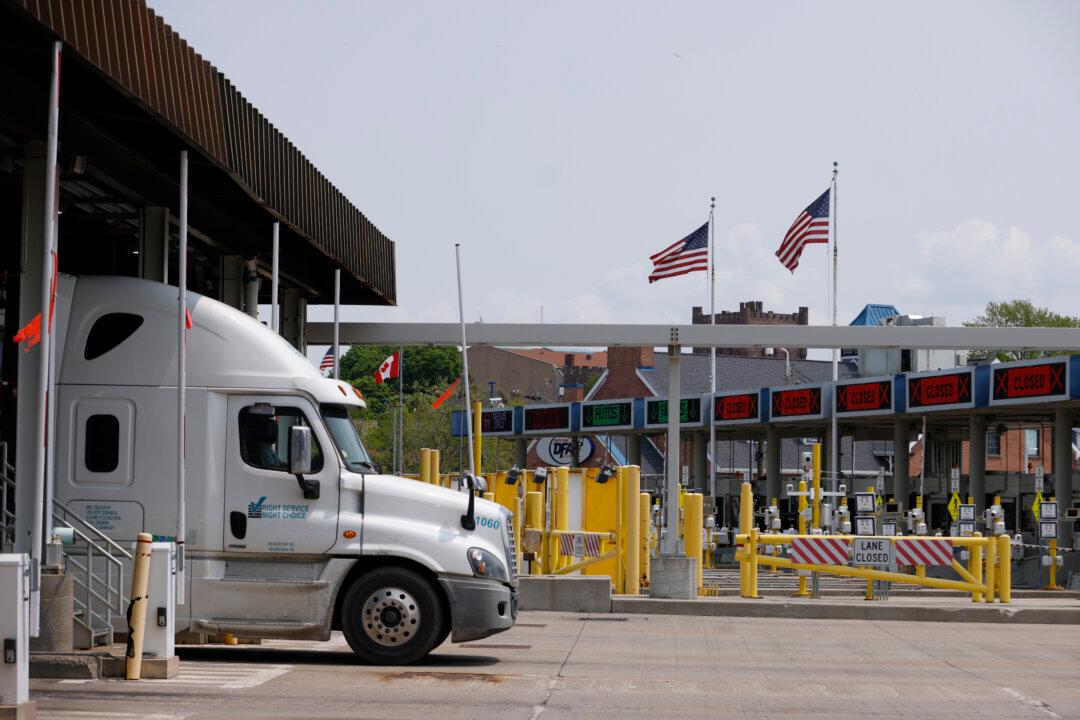After Prime Minister Justin Trudeau on Jan. 6 announced his intention to step down once a new Liberal leader is chosen, Ontario Premier Doug Ford’s first public reaction was to emphasize the need to continue the work to avoid U.S. President-elect Donald Trump’s promised tariffs.
“Regardless of the political situation in Ottawa, over the next fourteen days the prime minister must be squarely focused on doing everything possible to prevent U.S. tariffs,” Ford said in an X post on Jan. 6.





